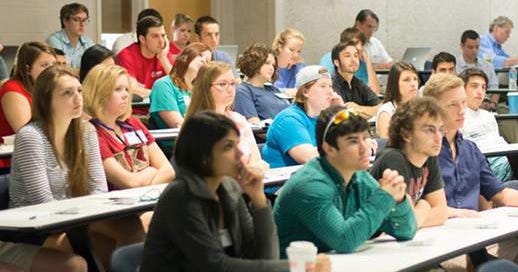Moral Diversity: Asset or Liability for Liberty?
Navigating the Intersection of Ethics and Freedom in the Fight for Individual Rights
This debate between Craig Biddle and Max Borders was held at the “Liberty, Free Markets, and Moral Character” conference, cosponsored by the Clemson Institute for the Study of Capitalism and the Foundation for Economic Education, at Clemson University on May 25, 2014. Download the pdf for free.
Moderator C. Bradley Thompson: The gladiators are now in the…
Keep reading with a 7-day free trial
Subscribe to The Objective Standard to keep reading this post and get 7 days of free access to the full post archives.




